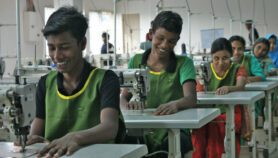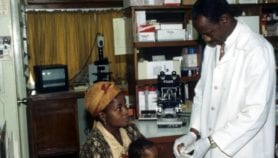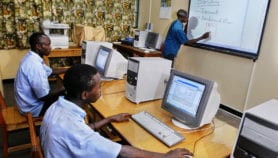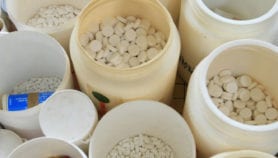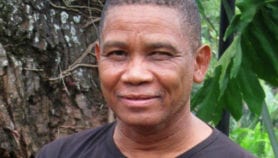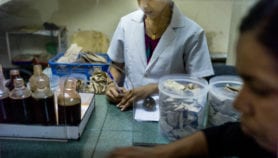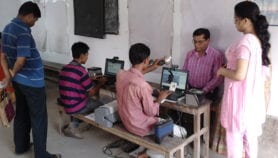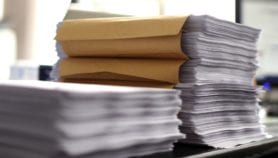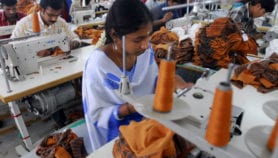By: Laura Nelson
Send to a friend
The details you provide on this page will not be used to send unsolicited email, and will not be sold to a 3rd party. See privacy policy.
Researchers have produced a set of international guidelines for stem cell research, which they hope will simplify existing rules and aid collaboration, especially between developed and developing countries.
The Hinxton Group, a consortium of 60 researchers, ethicists, scientific journal editors and lawyers from 14 countries, reached a consensus on the guidelines at a conference in Cambridge, United Kingdom, last month (22–24 February).
The group hopes that countries such as China, which have minimal regulations, will adopt the guidelines so their researchers can work to international standards.
It also wants funding agencies to ensure that the research they support follows the new guidelines.
Stem cells are generic cells that can turn into specific types of cell such as bone or muscle. This means it might be possible to use them to treat diseases, but such research can be controversial if it uses stems cells from human embryos.
“The consensus was reached in a democratic way, taking into consideration the diverse moral positions,” says Jayapaul Azariah, founder and president of the All India Bioethics Association, who is a member of the Hinxton Group.
It will set up a website to disseminate their guidelines and other information about stem cell research policies around the world, including codes of conduct that have already been established.
The group, whose members include the editor-in-chief of Nature and the director of publishing at the Public Library of Science (PLoS), also suggests that all scientific journals should help to regulate stem cell research, by insisting that published research meets the guidelines.
The role of journals was highlighted recently, when Science published research by Hwang Woo-Suk of South Korea, in which he falsely claimed to have cloned human embryos.
Hinxton Group member Robin Lovell-Badge, a geneticist at the UK National Institute for Medical Research, says this could have been avoided if Science had applied the same tough rules as clinical research journals, such as the New England Journal of Medicine and The Lancet.
The Hinxton Group, which plans to meet again within two years, also aims to encourage governments with strict regulations to become more permissive toward stem cell research.


 [34KB]
[34KB]
